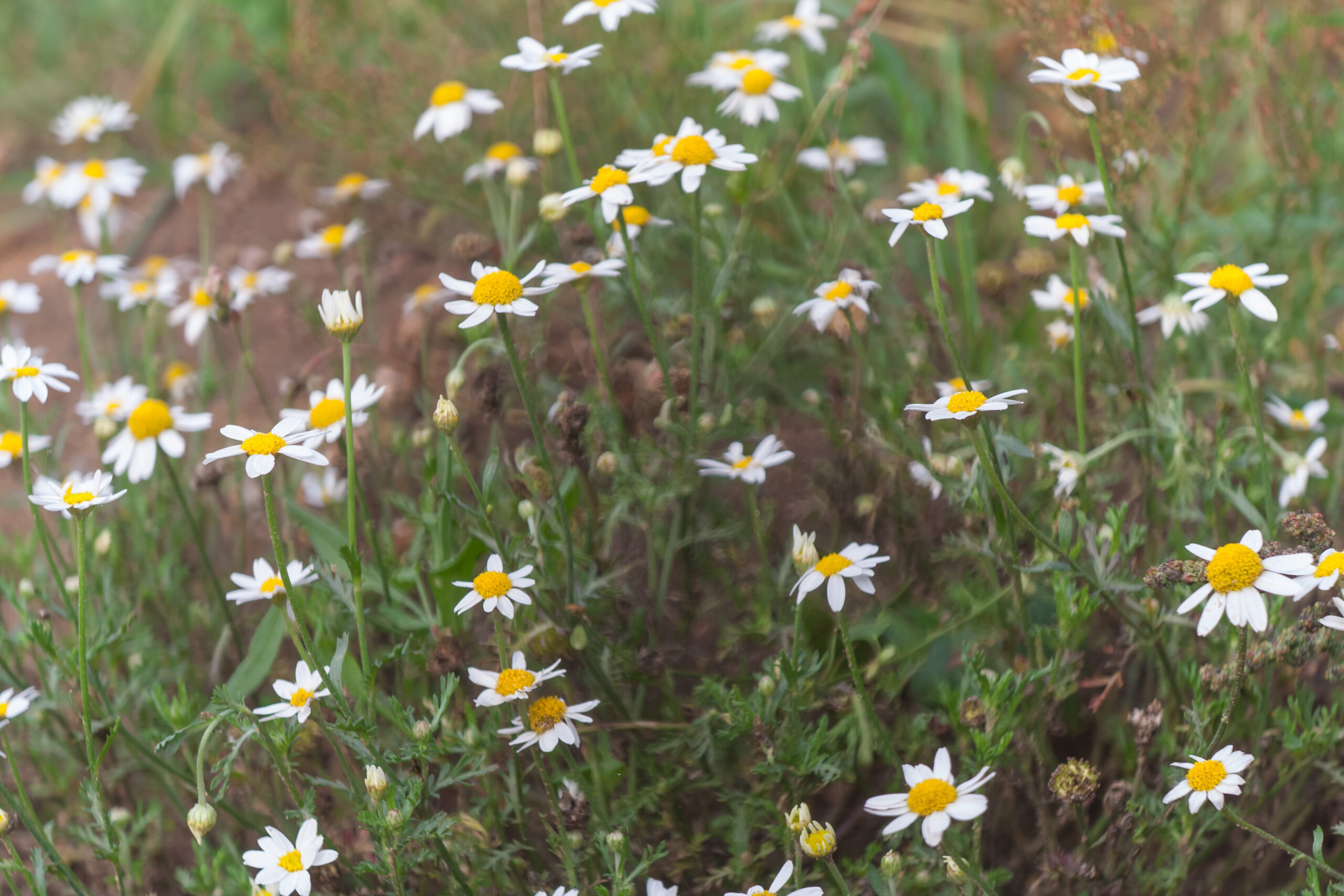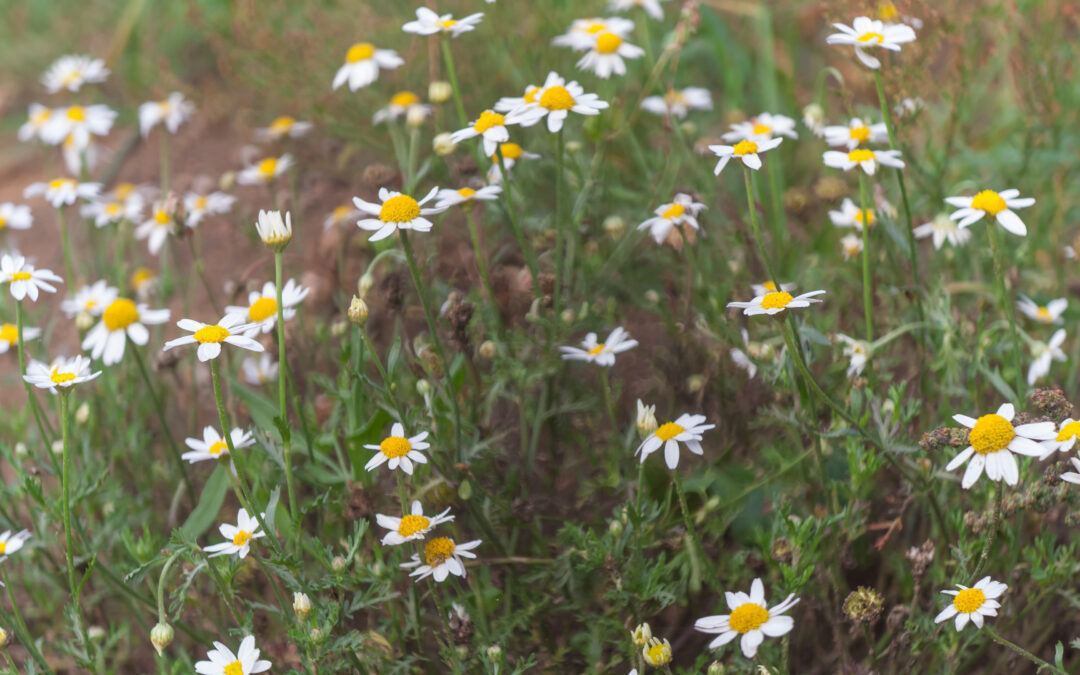Organic gardening is a great way to grow your own fresh produce and enjoy the benefits of eating healthy, nutritious food. However, starting an organic garden can be challenging, especially if you’re new to gardening. In this blog post, we will discuss some common mistakes people make when starting an organic garden and how you can avoid them.
Introduction to Organic Gardening
One of the most important things to remember when starting an organic garden is to use natural methods for pest control and fertilization. This means avoiding chemicals and synthetic products that can harm the environment and your plants. Instead, focus on building healthy soil, choosing the right plants and seeds, and using natural remedies to prevent pests and diseases.
The Importance of Soil Health
Soil health is critical to the success of your organic garden. To ensure healthy soil, you need to add compost and other organic matter to your soil. This will help improve drainage, increase nutrient availability, and encourage beneficial microorganisms in the soil. It’s also essential to keep your soil well-watered but not overly wet or dry.
Choosing the Right Plants and Seeds
Another mistake people often make when starting an organic garden is selecting the wrong plants and seeds. Choose varieties that are suitable for your climate and growing conditions. You should also consider planting heirloom seeds, which are open-pollinated and have been passed down through generations. Heirloom seeds offer many advantages, including better flavor, higher yields, and improved disease resistance.
Common Pests and Diseases in Organic Gardens
Pests and diseases are a reality in any type of garden, including organic gardens. One of the biggest mistakes people make is using harsh chemicals to get rid of these problems. Instead, try using natural remedies such as neem oil, garlic spray, or companion planting. These methods are effective at controlling pests without harming the environment or your plants.

Maintaining Your Organic Garden
Finally, maintaining your organic garden is crucial to its success. Regular maintenance includes watering, pruning, mulching, and removing dead plants. You should also rotate crops each year to prevent depletion of nutrients in the soil. By following these tips, you can create a thriving organic garden that provides fresh produce for years to come.



